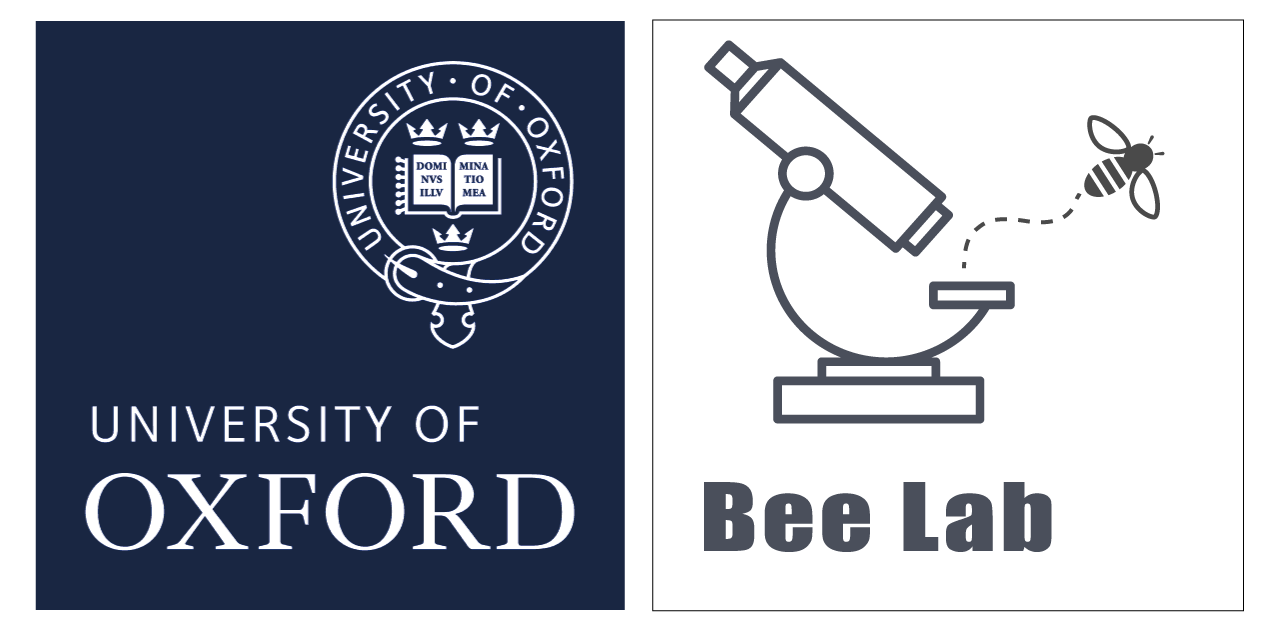Dr. Rachel Parkinson
I am a neuroethologist interested in understanding how neural circuits govern natural animal behaviour. I completed my PhD at the University of Saskatchewan, Canada, where I researched the effects of agrochemicals on visual processing in locusts. Following my PhD I spent a summer at the Marine Biological Laboratory in Woods Hole, MA, where I expanded my study to honeybees. In the Bee Lab at the University of Oxford I am answering questions centered around taste perception in bumblebees and honeybees using behavioural and electrophysiological techniques.
Contact details: rachel.parkinson@zoo.ox.ac.uk
Publications:
Parkinson, R.H., Zhang S, and Gray J.R. (2020) Neonicotinoid and sulfoximine pesticides differentially impair insect escape behaviour and motion detection. PNAS 117:10. DOI 10.1073/pnas.1916432117
Parkinson, R.H., Gray J.R. (2019) Neural conduction, visual motion detection, and flight behaviour of insects are disrupted by low doses of imidacloprid and its metabolites. NeuroToxicology 72:107-113. DOI 10.1016/j.neuro.2019.02.012
Stott, T., Olson, E., Parkinson, R.H., Gray, J. (2018) Three-dimensional shape and velocity changes affect responses of a locust visual interneuron to approaching objects. Journal of Experimental Biology 10:221. DOI 10.1242/jeb.191320.
Parkinson R.H., Little J.M., Gray J.R. (2017) A sublethal dose of a neonicotinoid insecticide disrupts visual processing and collision avoidance behaviour in Locusta migratoria. Scientific Reports 7:1. DOI 10.1038/s41598-017-01039-1












